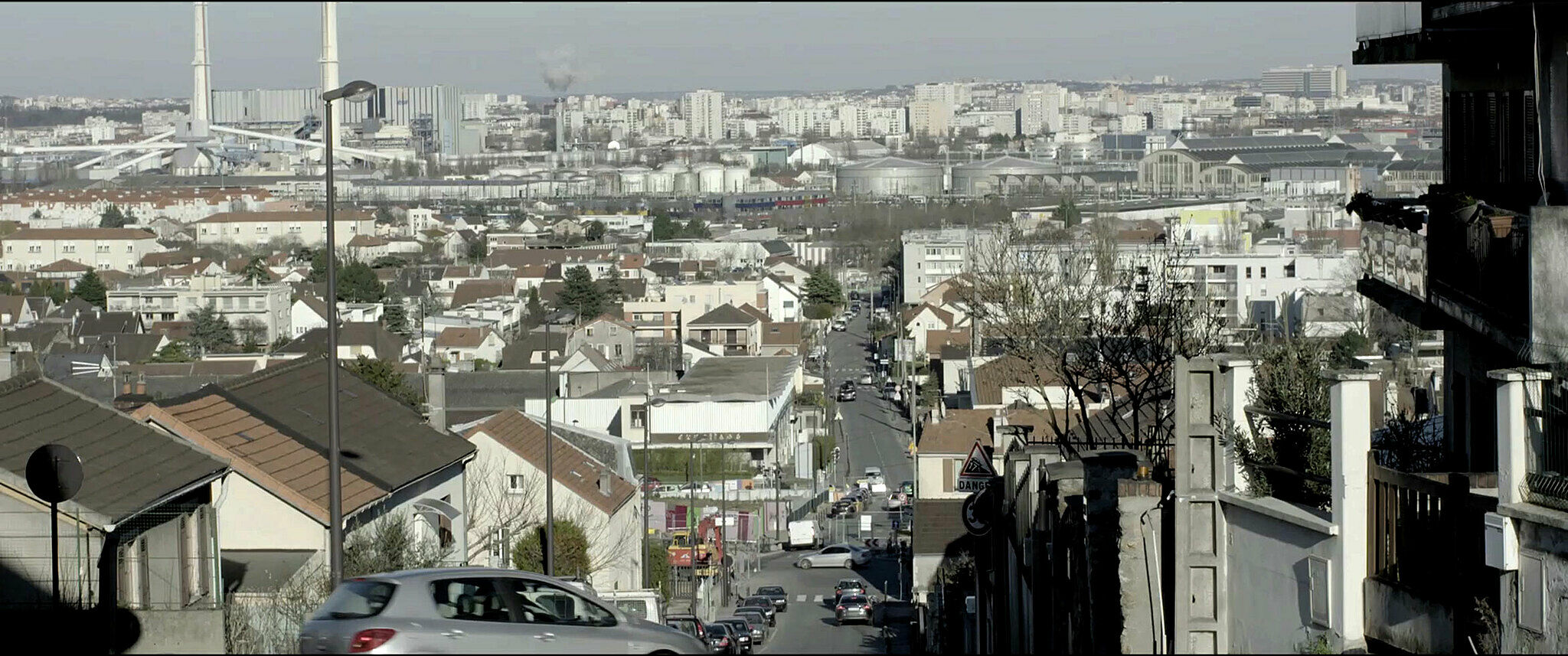Whitney Biennial 2017 | Art & Artists
Mar 17–June 11, 2017
Whitney Biennial 2017 | Art & Artists
Eric Baudelaire
4
Floor 3
Born 1973 in Salt Lake City, UT
Lives in Paris, France
In both of his films screening as part of the 2017 Biennial, Eric Baudelaire utilizes Japanese filmmaker Masao Adachi's concept of fukeiron (landscape theory), which posits that the landscape itself is a signifier of power structures, turning his camera at the landscape as seen by his subjects. This cinematic approach enables Baudelaire to display the complex entanglement of his subjects’ radicalization within the political systems under which they live.
The Anabasis of May and Fusako Shigenobu, Masao Adachi and 27 Years Without Images combines panoramas of present-day Tokyo and Beirut, archival imagery, and personal memories to illuminate the effects of left-wing radicalism on the film’s protagonists: May Shigenobu, the Lebanon-born daughter of the founder of the communist militant Japanese Red Army; and Masao Adachi, an activist filmmaker who joined the Red Army in Lebanon to support the Palestinian armed resistance.
Likewise, Also Known as Jihadi uses landscape cinematography and judicial documents to chronicle the journey of a young Islamic State recruit from the neighborhood on the outskirts of Paris where he grew up to the prison in which he is incarcerated today.
Screenings: April 15–16

